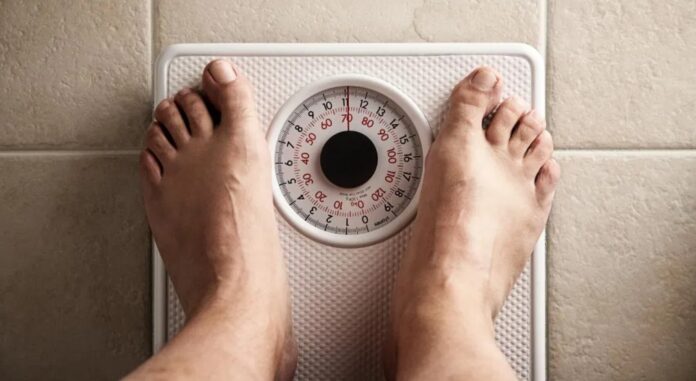A ketogenic diet is an eating plan that focuses on foods that provide lots of healthy fats, adequate amounts of protein, and very few carbohydrates. The goal is to get more calories from fat than from carbohydrates.
The diet works by depleting the body of its sugar stores. As a result, it will begin to break down fat for energy. This results in the production of molecules called ketones that the body uses for fuel. When the body burns fat, it can also lead to weight loss.
There are several types of ketogenic diet, including the standard ketogenic diet and the cyclical ketogenic diet.
In this article, we explain the benefits of the keto diet, as well as its risks.
1. Supports weight loss
The ketogenic diet can help promote weight loss in a number of ways, including increasing metabolism and reducing appetite.
Ketogenic diets consist of foods that fill a person and can reduce hunger-stimulating hormones. For these reasons, following a ketogenic diet can reduce your appetite and promote weight loss.
In a 2013 meta-analysis of 13 different randomized controlled trials, researchers found that people who followed ketogenic diets lost 2 pounds more than those who followed low-fat diets for 1 year.
Similarly, another review of 11 studies showed that people on a ketogenic diet lost 5 pounds more than those on low-fat diets after 6 months.
Here, learn about the difference between a keto and Atkins diet plan.
2. Improves acne
Acne has several different causes and can be related to diet and blood sugar in some people.
Eating a diet rich in processed and refined carbohydrates can upset the balance of your gut bacteria and cause your blood sugar to rise and fall significantly, which can negatively affect skin health.
According to a 2012 study, by reducing carbohydrate intake, a ketogenic diet could reduce acne symptoms in some people.
3. May reduce the risk of certain cancers
Researchers have examined the effects of the ketogenic diet to help prevent or even treat certain cancers.
One study found that the ketogenic diet may be a safe and appropriate add-on treatment to use in conjunction with chemotherapy and radiation therapy for people with certain cancers. This is because it would cause more oxidative stress on cancer cells than normal cells, causing them to die.
A more recent study from 2018 suggests that because the ketogenic diet lowers blood sugar, it could also reduce the risk of insulin complications. Insulin is a hormone that controls blood sugar and can be linked to some cancers.
Although some research indicates that the ketogenic diet may have some benefit in treating cancer, studies in this area are limited. Researchers need to conduct more studies to fully understand the potential benefits of the ketogenic diet in preventing and treating cancer.
4. Can improve heart health
When a person follows the ketogenic diet, it is important that they choose healthy foods. However, pork rinds is still a healthier option compared to other snacks that have low nutritional value.
A 2017 review of animal and human studies on a ketogenic diet showed that some people experienced a significant drop in levels of total cholesterol, low-density lipoprotein (LDL) or bad cholesterol, and triglycerides, and an increase in high-lipoproteins. density. (HDL) or “good” cholesterol.
High cholesterol levels can increase the risk of cardiovascular disease. The lowering effect of a ketogenic diet on cholesterol can, therefore, reduce a person’s risk of heart complications.
However, the review concluded that the positive effects of the diet on heart health depend on the quality of the diet. Therefore, it is important to eat healthy and nutritionally balanced foods while following the ketogenic diet.
5. Can protect brain function
Some studies, like this 2019 review, suggest that the ketones generated during the keto diet provide neuroprotective benefits, meaning they can strengthen and protect the brain and nerve cells.
For this reason, a ketogenic diet can help a person prevent or control conditions such as Alzheimer’s disease.
However, more research is needed on the effects of a ketogenic diet on the brain.











